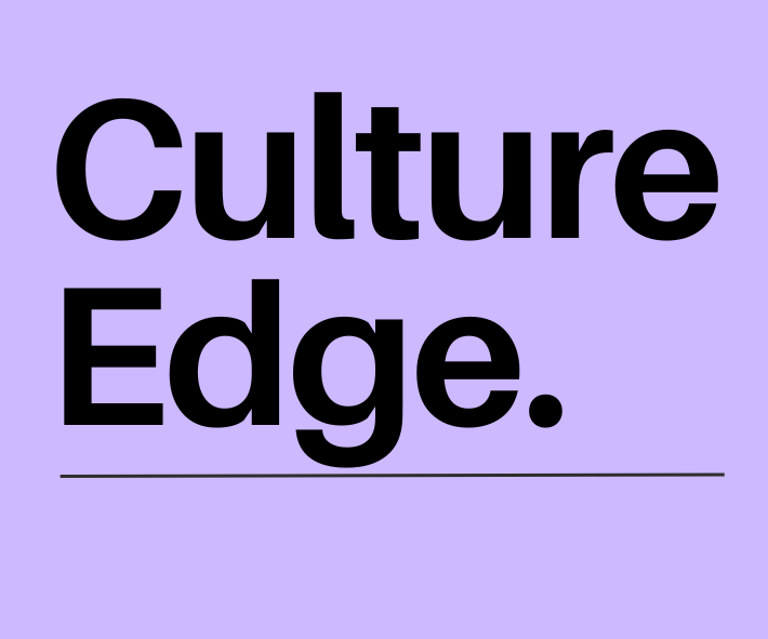Building Psychological Safety for High-Performing Teams
In today’s fast-paced world, psychological safety is essential for fostering high-performing teams. It creates an environment where employees feel safe to express ideas, take risks, and make mistakes without fear of judgment. Teams that experience psychological safety are more innovative, adaptive, and resilient—qualities necessary for thriving in an AI-driven, ever-changing workplace.
1 min read
Why Psychological Safety Matters
Employees who feel secure in their roles are more likely to speak up, collaborate effectively, and contribute meaningfully to the organisation’s success. In contrast, teams lacking psychological safety tend to withhold their best ideas, avoid challenging conversations, and disengage from creative problem-solving.
Google’s extensive study on team performance, Project Aristotle, found that psychological safety was the most critical factor distinguishing high-performing teams from others. When employees believe their contributions are valued and their voice matters, it fosters trust and collaboration, driving superior results.
How to Build Psychological Safety in Your Teams
Lead by Example: Leaders play a key role in establishing psychological safety. Show vulnerability by admitting when you don’t have all the answers or when you’ve made a mistake. This sets the tone for open communication.
Encourage Diverse Perspectives: Actively seek out and celebrate different viewpoints within the team. Create opportunities for everyone to share their ideas, reinforcing that all contributions are valued.
Normalise Failure as Learning: Innovation thrives when teams are free to experiment. Encourage a culture where failure is seen as an opportunity for growth rather than a setback.
Promote Open Communication: Foster an environment where feedback flows in all directions. Whether it’s between peers or from employees to leaders, open communication channels are essential for building trust and transparency.
Reward Collaboration: Recognise and reward team members not only for individual achievements but also for their efforts in supporting others and working collaboratively.
The Link Between Psychological Safety and Performance
The most innovative teams are those where employees feel confident to share new ideas without fear of criticism. When psychological safety is embedded in your culture, employees are more willing to take risks, explore new ideas, and solve problems creatively—key drivers of long-term business success.
Ready to Build Psychological Safety in Your Organisation?
Psychological safety doesn’t happen overnight. It requires continuous effort to create and sustain an environment where people feel secure in contributing their best. Start today by fostering open communication, promoting diversity of thought, and leading with empathy.
Assess where your culture stands and take steps toward creating a more psychologically safe environment.
You didn’t come this far to stop
Culture Edge acknowledges the Wadawurrung People of Djilang (Geelong), where we’re based, and the many First Nations across Australia where we work. We’re committed to listening, learning, and helping create respectful, culturally safe places to work.
